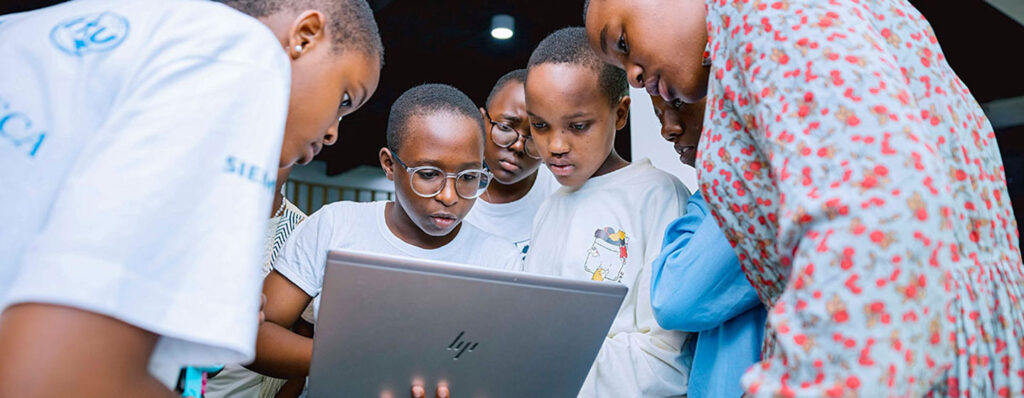Ms. Bartoletti is the Global Chief Privacy and AI Governance Officer of multinational IT company Wipro, an advisor to the Council of Europe and co-founder of the Women Leading in AI network.
She is concerned about the lack of representation in the AI industry from women and the global South.
She spoke to UN News in December at the 2024 Internet Governance Forum in Riyadh, Saudi Arabia, an annual UN forum for the discussion of critical digital policy issues.
This interview has been edited for clarity and length
Ivana Bartoletti In Europe, just 28 per cent of those working in the AI industry are women, and that has enormous consequence. Each AI product is made up of elements that are chosen by people. So, not having enough women and diversity in the conversation is problematic. But it’s not just a matter of having more women coders and programmers. It’s also about those who are deciding the future of artificial intelligence.
The inherent bias of these tools has been a key topic on every panel I’ve been on at the Internet Governance Forum, as well as how to ensure that the global South has a much stronger voice.
UN News What advice would you give to women and girls interested in working in this field?
Ivana Bartoletti That there are many ways to get into AI and technology, and you don’t have to necessarily be a coder. I was always interested in the politics of data. For example, if we talk about a database, the way data is collected data is not neutral, someone decides what data is included. And, therefore, the predictions made by AI about us are not neutral.
We need women and people from a wide range of backgrounds to be involved in the governance of AI, the auditing, the investigative journalism, to identify where it is going wrong.

UN News/ Martin Samaan
Ivana Bartoletti, the co-founder of the Women Leading in AI network.
UN News How can we ensure that AI systems are deployed in a way that is fair and transparent?
Ivana Bartoletti A lot of collaboration is happening between governments, the private sector, large tech, corporates and civil society. But more is needed, because the necessity for accuracy and transparency may increasingly become a legal requirement.
Conversations need to be happening in every country, to ensure that AI does not exacerbate the existing inequalities that we have in society, or make the internet even more unsafe.
UN News In a world where it’s so easy to spread fake videos, images and disinformation, how can we ensure that everyone understands how to safely use the technology they’re being exposed to?
Ivana Bartoletti I think that education is important and AI literacy are important, including in schools, to develop a critical mindset. But education cannot replace the responsibility of business, because there is too much asymmetry between us as individuals and the magnitude of data collection and the power of large tech companies.
It’s totally unfair to tell individuals that they are responsible for their online safety. I think that AI literacy is crucial, but we have to be very clear that the responsibility is for the companies that put out the products and the government that regulate their use.


